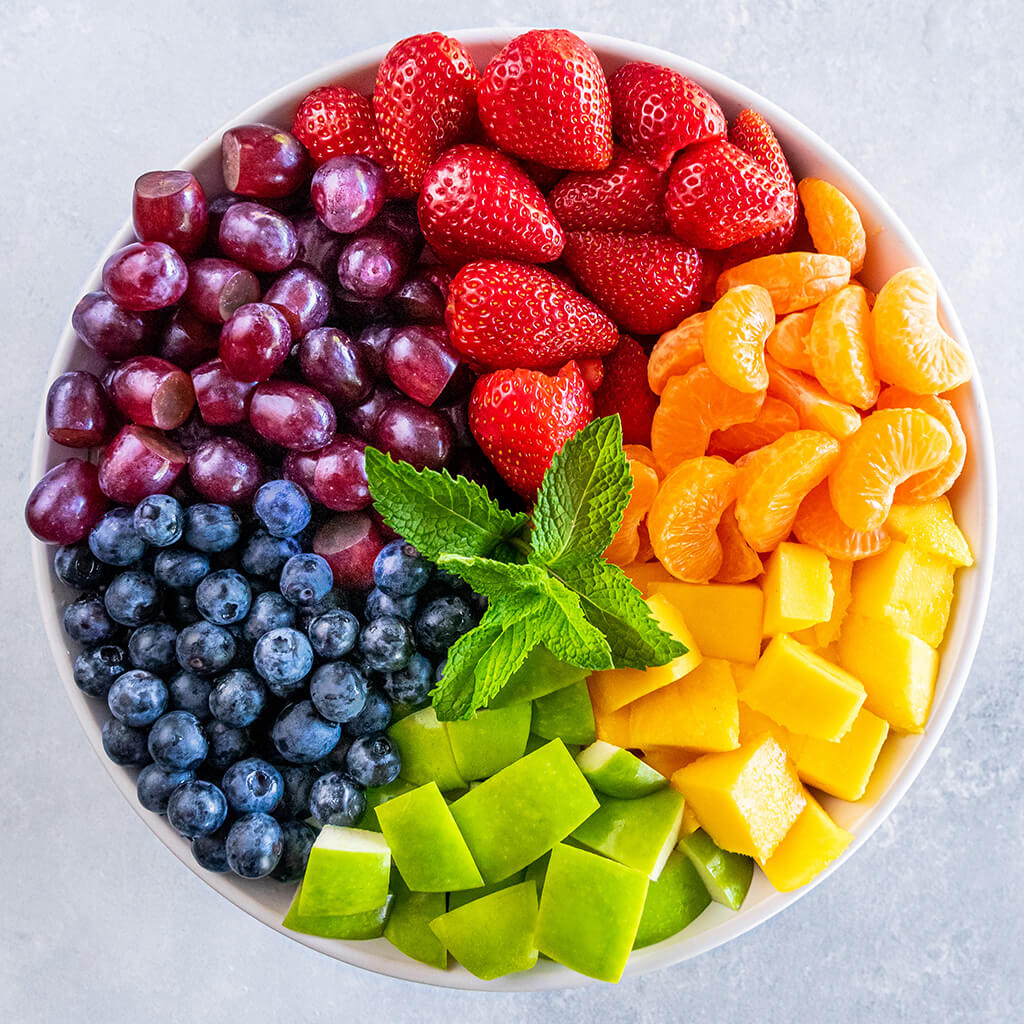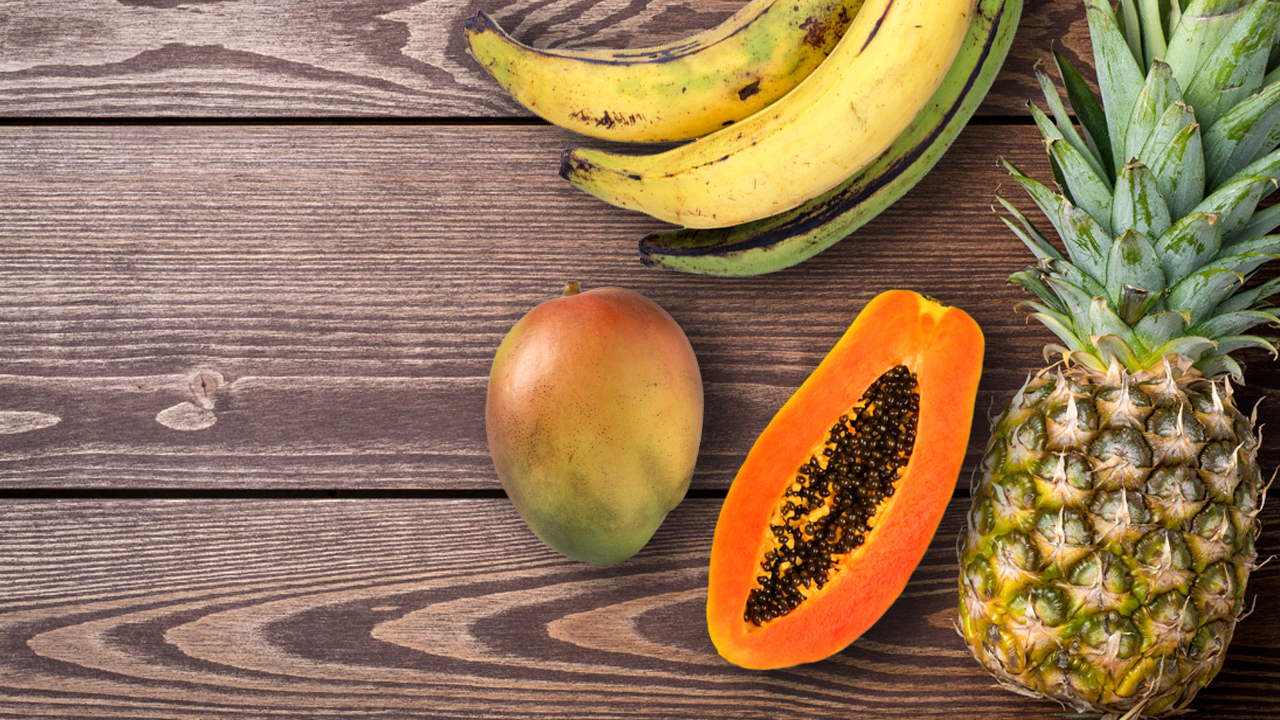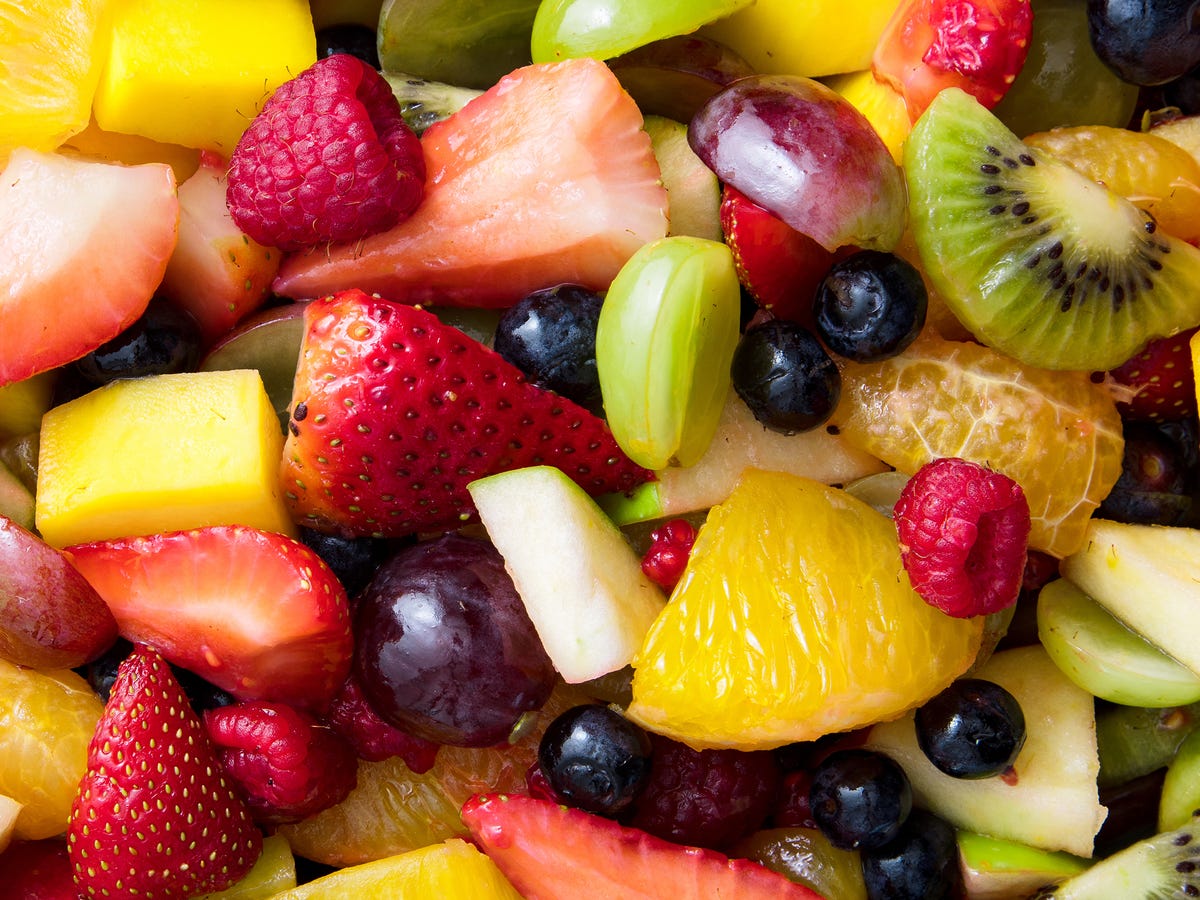Have you ever caught yourself staring at a fruit salad, wondering, “Will this make or break my fat loss?” If you’ve tried to lose weight and always heard, “Fruit = sugar = bad for weight loss,” you’re definitely not alone. But here’s a twist most dieters don’t consider: what if the lowest-carb fruit is actually your slim-down secret weapon, rather than a pitfall?
Let’s set the record straight. The question of the lowest-carb fruit unpacks a fascinating reality, most people cut all fruit on a low-carb diet, thinking it’s the only way to shed pounds or burn belly fat. But what if avoiding fruit is actually sabotaging your goals? New research reveals certain fruits can help you boost metabolism, stay full, and even support healthy fat reduction. In this deep dive, you’re going to discover why making smart fruit choices isn’t about deprivation, it’s about discovery.
Stick with me to finally learn how to enjoy fruit, dodge the common mistakes, and turn your healthy diet into a real, lasting transformation. Ready to challenge what you thought you knew about “low-carb fruits for weight loss”? Let’s dive in together.

What Actually Is the Lowest-Carb Fruit and Why Should You Care?
You might be expecting something exotic or tasteless. But the lowest-carb fruit is surprisingly approachable: watermelon takes the crown, packing just about 7.5g net carbs per 100g serving. Avocado, technically a fruit, boasts even fewer net carbs when you subtract fibre, a detail most people miss entirely.
But here’s what matters for weight loss:
-
Water Content: Watermelon is 92% water, making it the ultimate food for volume eating. You feel fuller, longer, with almost no carbs.
-
Avocado Magic: Thanks to fiber, the net carb content in avocado is staggeringly low, less than 2g per 100g. Plus, you get “good fat” for satiety and fat metabolism.
-
Why Net Carbs Matter: Net carbs are total carbs minus fiber. For those looking to drop weight or burn belly fat, net carbs reflect what’s actually digestible and impacts your blood sugar.
Why should you care? Because picking the lowest-carb fruit isn’t just about numbers, you want fruits that keep you full, fuel your energy, and work with your fat metabolism instead of spiking your cravings.
Why Fruits Have Carbs, And Why Not All Carbs Are Equal
It’s time to bust a myth: “All carbs in fruit are evil!” Not true. Let’s break down why.
The Science Behind Fruit Carbs
-
Natural vs. Added Sugar: Fruits contain natural sugars, but they also pack fiber, water, and a ton of nutrients that help slow the absorption of sugar.
-
Fiber Matters Most: The fiber in low-carb fruits and vegetables makes the carbs less “available” for fat storage and prevents the nasty insulin spikes you get with processed foods.
-
Low-Glycemic Power: Many of the lowest-carb fruits also rank low on the glycemic index, which helps stabilize blood sugar, support weight reduction, and keep hunger at bay.
Why This Is a Big Deal for Rapid Weight Loss
-
Controlled Cravings: Low-carb fruit fills you up, crushes sugar cravings, and stops the urge to binge on truly dangerous snacks.
-
Fat Metabolism: Stable blood sugar lets your body dip into fat stores for energy, turbocharging your drop-weight strategy.
-
Proof in the Research: Several studies now confirm that those who eat wisely chosen low-carb fruits for weight loss often slim down more successfully and avoid the typical stalls of a low-calorie diet alone.
Surprising Ways the lowest-carb Fruits Beat Out Diet Fads
Now, let’s get practical. How can the lowest-carb fruit work better than popular diet “hacks”?
Watermelon vs. Traditional Diet Snacks
-
Volume Eating: You can eat a satisfying portion of minimal calories and carbs.
-
Hydrating: Staying hydrated itself boosts metabolism and even reduces calorie intake in meals.
-
No Additives: Unlike “100-calorie” processed snacks, fruit doesn’t sabotage you with hidden sugars or artificial nonsense.
Avocado vs. Low-Carb Protein Bars
-
Real Satiety: Protein bars seem filling, but without enough healthy fats, you’ll be starving again fast. Avocado combines fiber with fat for longer fullness.
-
Fats That Burn Fat: The monounsaturated fats in avocado actually help boost fat metabolism and may aid in belly fat loss.
-
Digestive Benefits: Avocado is easier on your stomach than many bars loaded with sugar alcohols.
Berries vs. Zero-Carb Treats
-
Antioxidant Kick: Berries like strawberries or raspberries provide anti-inflammatory compounds for faster recovery and less belly fat.
-
Versatility: Fresh berries can be sweet snacks, smoothie bases, or mixed into yogurt for a low-carb dessert.
You’re not just swapping foods. You’re actively making your whole healthy diet work smarter, not harder.
The Hidden Trap: Why Most People Fail with Fruit on a Low-Carb Diet
Let’s tackle the elephant in the room. Ever given up fruit altogether, only to end up feeling deprived, and eventually bingeing on the “forbidden” stuff? Here’s what’s really happening.
The Usual Mistakes
-
Cutting Too Much: Axing all fruit means you miss out on fiber, micronutrients, and the mental satisfaction of eating something sweet.
-
Misreading Net Carbs: Forgetting to subtract fiber leads to unnecessary restriction. For example, half an avocado only counts for about 1g net carb, not the whole 8g total.
-
Ignoring Water Content: Water-rich fruits keep you full and hydrated, helping control hunger and making calorie reduction much more bearable.
The Solution
-
Embrace Smart Swaps: Trade high-carb fruits (bananas, grapes, mangoes) for the lowest-carb fruit selections.
-
Focus on Timing: Use low-carb fruits for weight loss as pre-workout snacks, after-dinner cravings busters, or hydration helpers.
-
Portion Clarity: Measure fruit for a few weeks to retrain your sense of “just enough”, this changes everything for sustainable progress.

Going Deeper: How the lowest-carb Fruit Fits Real-World Weight Loss
Weight loss isn’t won in theory, it’s about what actually works day after day.
Real-Life Scenario: Craving Control
Let’s say your usual late-night craving hits. Do you grab a processed snack, or slice up some watermelon? That one cup of watermelon gives you sweetness, fills you up due to high water content, and only costs you around 50 calories and 7.5g net carbs. Compare that to chips or cookies, which start a blood sugar roller coaster.
The Mood and Energy Factor
Low-carb fruits and vegetables can make sticking to a low-carb diet much more enjoyable. Avocado toast on low-carb bread, or a strawberry protein smoothie, keeps energy steady so you’re less likely to cheat and binge.
For the Obese Reader: Focus on Management, Not Perfection
-
Small Changes Add Up: Including berries or melon with meals, carefully measured, support weight loss and keep diet satisfaction high.
-
Emotional Eating Defense: Nature’s sweetness can be your “release valve” to deal with tough days without blowing your overall plan.
-
Sustainability Rules: The goal isn’t “never eat fruit.” It’s “eat the right fruit, at the right time, in the right amount.”
Beyond the Basics: Unexpected Benefits of the lowest-carb Fruit
Here comes the stuff most blogs leave out, but makes a real difference for anyone trying to slim down or shed pounds.
Watermelon’s Surprising Power
-
Lycopene Content: Watermelon is rich in lycopene, which supports heart health and is linked to lower inflammation and better fat metabolism.
-
Workout Recovery: The amino acid citrulline in watermelon helps with muscle recovery, meaning you can walk or exercise more, accelerating weight loss.
-
Mental Satiety: The ritual of eating cool, juicy fruit may help your brain feel more satisfied than “dry” snacks.
Avocado, Not Just for Keto Lovers
-
Blood Sugar Support: Avocado does not cause a blood sugar spike, making it ideal for those fighting cravings and seeking stable energy.
-
Healthy Fats: These fats are crucial for long-term hormone balance, including those that regulate hunger and fat storage.
-
Potassium Win: Did you know avocado has more potassium per gram than banana? This may help reduce bloating and support circulation as you lose weight.
Cantaloupe and Its Friends
-
Micronutrient Diversity: Mixing cantaloupe or raspberries with your low-carb vegetables helps cover nutrient bases most “hardcore” diets ignore.
-
High Fiber, Low Calorie: Cantaloupe and berries let you bulk up your meals, stay hydrated, and enjoy food satisfaction without overdoing carbs.
Making It Practical: Simple, Powerful Ways to Use the lowest-carb Fruit
So how do you turn these insights into meals you actually look forward to?
Easy Meal Ideas
-
Breakfast: Avocado mash with eggs, strawberries on cottage cheese, or a watermelon-cucumber salad.
-
Snacks: Pre-portioned berry cups, cantaloupe slices, or an avocado-tomato salad.
-
Desserts: Frozen berry yogurt bark, watermelon ice pops, or “fruit pizza” on a low-carb crust.
Smart Swaps
-
Replace bananas in smoothies with strawberries or raspberries.
-
Switch standard fruit salad for a “low-carb mixed bowl” featuring watermelon, avocado, and berries.
-
Scoop cottage cheese onto cantaloupe instead of pineapple for a lower-carb, higher-fiber treat.
Psychological Tricks
-
Always measure at first. Use a food scale or cup measure for at least two weeks.
-
Eat fruit at meals, not as mindless snacks.
-
Aim for variety over volume, this helps fight “taste fatigue” while keeping carb intake low.
The Real Debate: Do Low-Carb Fruits Really Help Burn Belly Fat?
Many people ask if fruits, even the lowest-carb fruit, can actually help you burn belly fat or if they’re just a “less bad” treat. What’s the truth?
What Research Shows
-
Sustained Weight Reduction: Studies show that those who incorporate low-carb fruits and vegetables into their diets shed pounds more consistently, and keep weight off longer, compared to strict “no fruit” dieters.
-
Fat Metabolism: The nutrients, hydration, and fiber found in watermelon, avocado, and berries not only help you feel full, but may also support greater fat breakdown during calorie deficit.
-
Inflammation and Insulin: Diets rich in antioxidants from the lowest-carb fruit choices reduce inflammation, which is a critical barrier for many facing obesity.
Busting Common Myths
-
“Fruit blocks weight loss.” Not if you pick wisely and watch portions.
-
“Watermelon is too sugary.” Its sugar comes with water volume and fiber, keeping the glycemic load reasonable for most adults, especially if active.
-
“Avocado is too fatty.” It’s the opposite: real fats calm hunger and prevent overeating.

FAQ
Which fruit has the absolute lowest net carbs per serving?
Avocado is the winner for lowest net carbs thanks to its high fiber content, followed by watermelon for classic sweet fruit.
Will eating the lowest-carb fruit help me lose weight faster?
Enjoying the lowest-carb fruits as part of a low-carb diet can help you eat fewer calories, feel full, and boost your fat metabolism for effective weight reduction.
Are there any side effects from eating too much low-carb fruit?
Rarely, but overeating fruits, even low-carb, can add up in calories. Stick to measured servings for best results.
How can I fit low-carb fruits into a meal plan for belly fat loss?
Add them to meals or use as snacks pre- or post-workout to boost satiety, hydration, and nutrient intake without spiking carbs.
Do berries count as lowest-carb fruit options for weight loss?
Yes, especially raspberries and strawberries, they’re rich in fiber and support weight loss as part of a healthy diet.
Is it healthy to avoid all fruit to slim down?
No! Balanced intake of the lowest-carb fruits and vegetables makes weight loss more sustainable, enjoyable, and healthy.
Conclusion
If you started reading this wondering “What is the lowest-carb fruit?” you’ve now unlocked much more than a grocery list. You’ve discovered that slimming down isn’t about eliminating joy, flavor, or satisfaction, it’s about making focused, evidence-based choices. Whether your battle is belly fat, constant cravings, or diet boredom, choosing the right fruits can make your low-carb or low-calorie diet dramatically more enjoyable, and more successful.
So, what’s next? Try integrating avocado or watermelon into your meals this week, always balancing portions and focusing on how good real food can make you feel. Get creative: make low-carb fruit the star in salads, snacks, or even nutrient-dense desserts. And remember: pursuing weight loss isn’t a punishment. With the lowest-carb fruit as a tastier, more satisfying tool in your toolkit, you’ll be empowered to build a healthy diet, track your transformation, and stay motivated for the long haul.
Transformation isn’t about deprivation, it’s about making better, smarter choices, one bite at a time. Here’s to your next step on the journey, and to fruit finally having your back as you drop weight and reach your healthiest, happiest you.